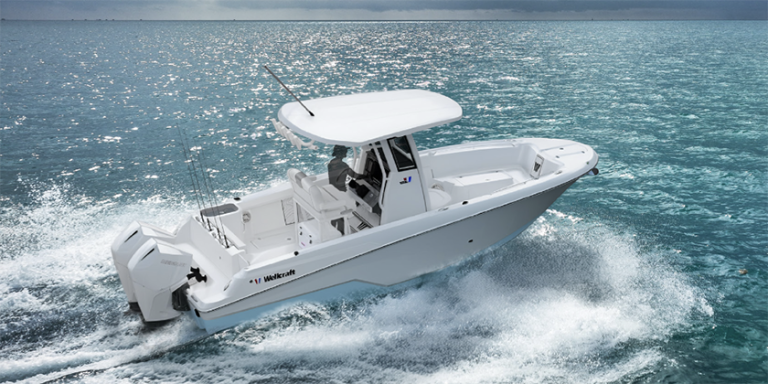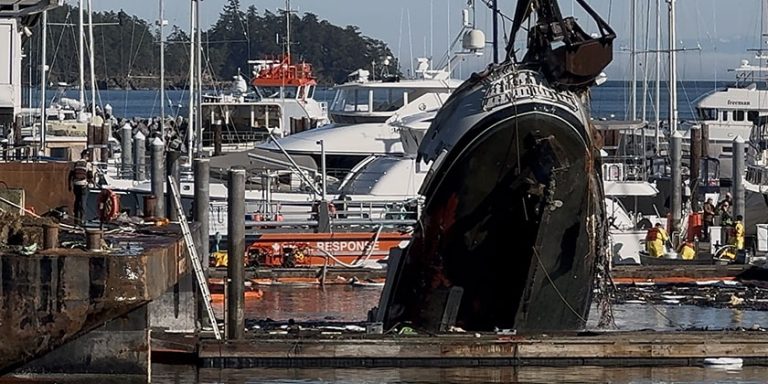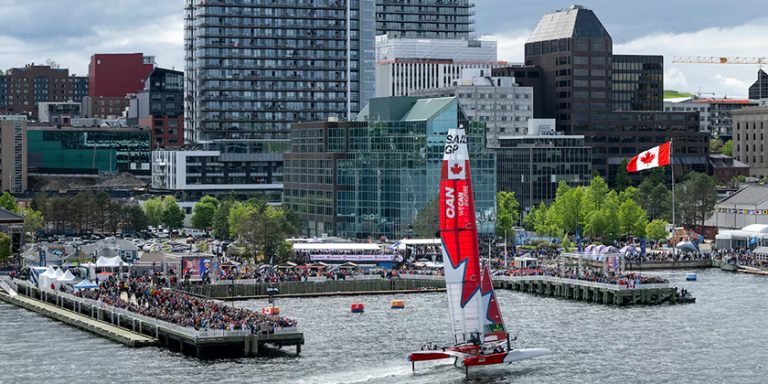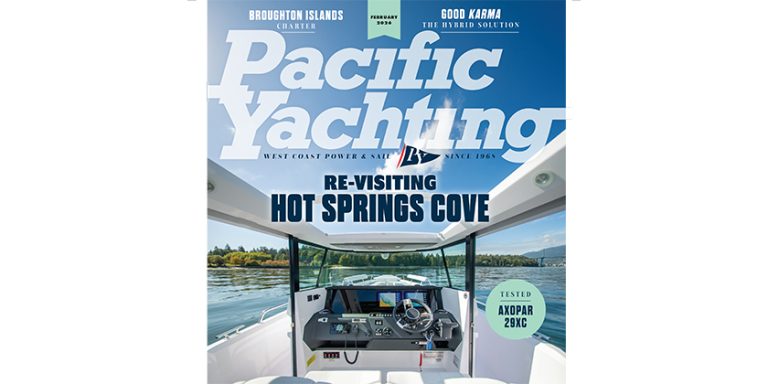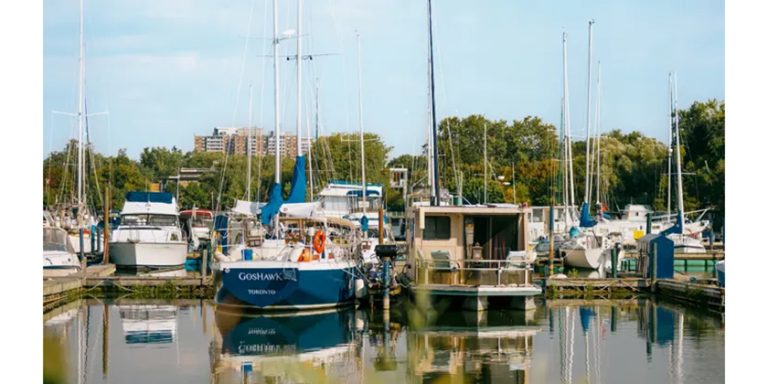Feds Ignore Protests, Close Kits Coast Guard Base
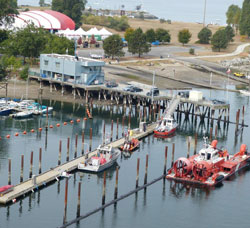
As protests of the federal plan to close Kitsilano Coast Guard Station mounted in late February, the government abruptly closed the Vancouver base without warning other levels of government, first-responder agencies or line CCG personnel.
On February 19, three vessels departed the station, near the month of False Creek, 12 staff were assigned to other stations, and signage and flags were removed from the site.
While Canada’s busiest year-round port lost its CCG station, Newfoundland made out big: two days after closing Kits base, the government announced it would spend $6.6 million to refurbish the station at Burin, a town of about 2,500 in southern Newfoundland.
The closure of Kits base is expected to save the coast guard about $700,000. The closure – which was not expected before spring – came in the same fashion as the announcement of the plan last spring, with no consultation or notification for local stakeholders. Opponents of the decision argued it was timed for the day that release of BC’s pre-election budget occupied the attention of provincial politicians.
All provincial parties, led by Premier Christy Clark whose constituency includes the base, have criticized the closure plan, along with Vancouver politicians, city police and fire chiefs, and other rescue services. The announcement also appeared timed to head off plans by base supporters to increase pressure on the Harper government to reverse its decision.
With the shuttering of the base – Canada’s busiest with about 300 calls per year – Vancouver is now served by the Sea Island CCG base, near Vancouver Airport, about 17 miles or 30 minutes from the harbour, as well as by units of the volunteer Royal Canadian Marine Search and Rescue in Howe Sound and Indian Arm, also 30-plus minutes away.
The Coast Guard also plans to station an inshore rescue boat crewed by students in Vancouver Harbour from May to September. But critics say these services will not make up for the loss of Kits base and will leave Vancouver dangerously short of timely SAR resources. They are convinced fatalities will
result, especially during winter months when most of Kits Base’s emergency calls occurred.
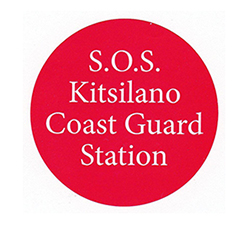 Other recent developments:
Other recent developments:
– At the Vancouver Boat Show, volunteers from the Jericho Sailing Centre Association, a leader in the campaign to save the station, collected more than 3,000 signed letters to Prime Minster Stephen Harper. The letter set out key arguments against the closure, accused local Conservative MPs of “abandoning ship” on the issue, and concluded: “I will not vote for a party that closes the Kitsilano Coast Guard Station.”“People are angry. This crowd (at the show) is out on the water and they understand that there are no ambulance or emergency services out there. There are a lot of Conservative supporters in the boating crowd and they’re frustrated,” said JSCA general manager Mike Cotter.
– On a February 8 visit to the Lower Mainland, the prime minister defended the closure, saying the government was redirecting money toward services that will enhance public safety: “We’ve made investments here and in other parts of the country…to try and move things away from offices and back offices and to actually having resources on the ground and in the water.”
But his remarks puzzled base supporters, who pointed out the closure will result in lay-off or transfer for the base’s line search-and-rescue personnel, not coast guard managers.
– The issue created rare unanimity among BC politicians at the municipal and provincial levels, especially with a provincial election looming this spring. Premier Clark recorded a YouTube video in which she said her Liberal government is intent on reversing the closure plan. “For the safety of British Columbians, the federal government must find the funding to keep the Kits Coast guard station open and keep Vancouver families safe,” she said.
– A January rally at Jericho Sailing Centre drew about 250 people, including representatives of all provincial political parties as well as opposition MPs and Vancouver city councillors, all opposed to the base closure.
But the event’s most compelling speaker was Mandip Sandhu, who described how his brother Paul died in 2001 when his car plunged into the Fraser River and coast guard rescuers on the scene were unable to enter the water because the agency’s dive program had been cancelled 72 hours earlier. As a result of the Sandhu family’s campaign – and the deaths of five family members in the capsize of a fishboat, when rescuers again couldn’t enter the water – coast guard dive teams were eventually reinstated. “We can’t let this happen. ‘I told you so’ will be a heavy burden for all of us to bear,” said an emotional Sandhu.

